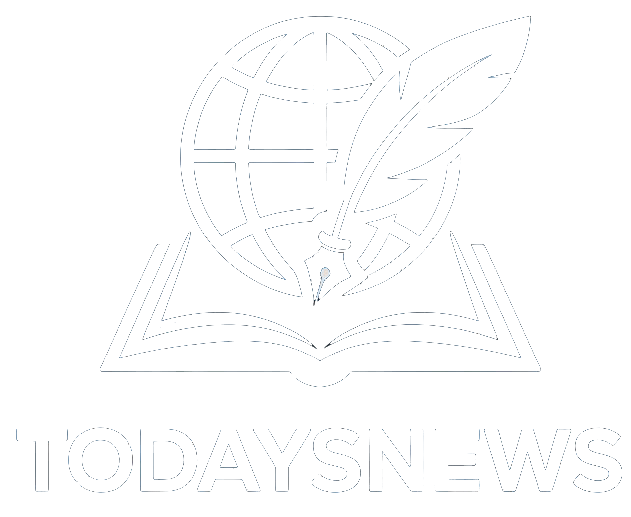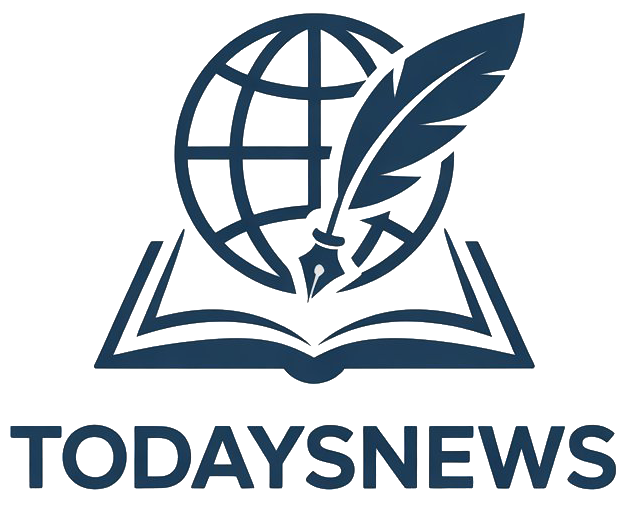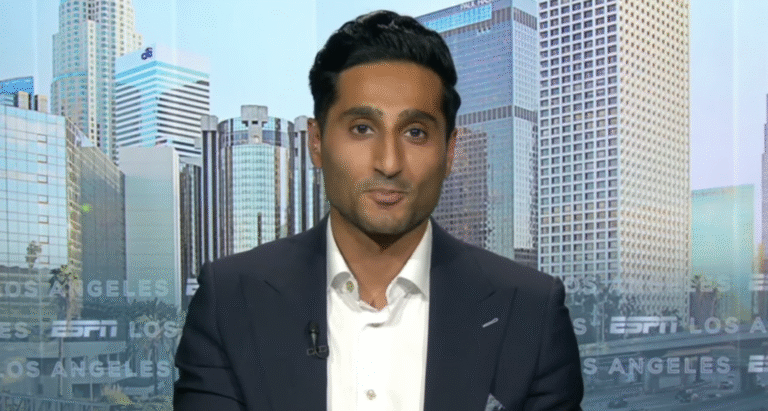Thursday’s federal arrests of Portland Trail Blazers coach Chauncey Billups and Miami Heat guard Terry Rozier came with a large and surprising information dump. It took me several hours, some press conference footage, and the help of a few colleagues to convey the relevant facts. But if I had a seven-figure salary and an immense network of sources, I probably would’ve done a little better than to sum it up as an “NBA-Mafia crossover,” as ESPN’s Shams Charania did when sharing a clip of himself speaking on Inside the NBA. While I’m grateful for that unforgettable coinage, his commentary left something to be desired.
As always, it’s pretty fun to see what words come tumbling out of a scoopster’s mouth once they stray outside their usual comfort zone of reporting that Player A signed a B-year, C-million dollar contract with Team D, thanks to the very handsome and chiseled Agent E. Once they have to start talking about real shit, you wind up with, say, a false report of robbery, anti-vax buffoonery spun as noble pro-labor activism, or flatly misleading information. When pressed to describe a federal investigation into alleged gambling schemes, Charania filled up five minutes of airtime on Thursday with the word “allegedly” and a potpourri of loose facts.
So what’s the case involving Billups? Let’s go to Shams: “One is essentially a mafia-led situation that Chauncey Billups is a part of, where he’s accused of being a member—they called it a face card—at these illegal poker fixing situations, events, happening all over the country in New York, in Vegas, in Los Angeles.” Got it.
And why did the NBA clear Rozier, only for the feds to later crack down on him? “The FBI is under no jurisdiction to have to share their information with the NBA,” Charania said. “This was done in a silo, this was done closed-mouth between all those sides.” The season’s true “NBA-Mafia crossover” event is Charania talking like Little Carmine.
That last quote was in response to a question from analyst Charles Barkley, newly on ESPN after the migration of Inside the NBA. Barkley, who is theoretically only on screen to rib Shaq about digestive issues or butcher the name of a perennial All-Star, has actually been asking the most rigorous questions you’ll see anywhere on TV, which is pretty depressing.
A lot of sports media is now funded by gambling firms, and that has, directly or not, bought those firms cover from the kind of scrutiny a healthy society would apply. How often do you think you’ll see a talking head rail against sports gambling in a segment sponsored by sports gambling? Even the compromised outlets know there’s a limit here: On Thursday’s episode of ESPN’s Get Up, as host Mike Greenberg spoke about how the very network he worked for had embraced gambling through coverage and its own sports book, an ESPN Bet banner disappeared from the bottom of the broadcast.
Many other commentators, even generally reasonable ones, tend to treat sports gambling as some immovable fixed reality, rather than a choice that the league and its player union have opted into because it makes a ton of money. Barkley’s distaste for norms works well here because he’s able to state openly that he and his fellow panelists shill for gambling companies all the time, as he did in Thursday night’s postgame Inside the NBA segment, and he’s willing to ask Charania bluntly if the NBA duffed its investigation into Rozier. I had to double-take to check that I was still watching ESPN. I figured they would be closed-mouth on that topic.


